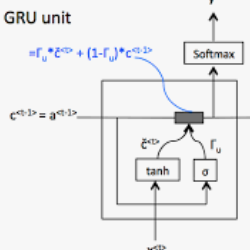Ensuring optimal Indoor Environmental Quality (IEQ) is vital for occupant health and productivity, yet it often comes at a high energy cost in conventional Heating, Ventilation, and Air Conditioning (HVAC) systems. This paper proposes a deep learning driven approach to proactively manage IEQ parameters specifically CO2 concentration, temperature, and humidity while balancing building energy efficiency. Leveraging the ROBOD dataset collected from a net-zero energy academic building, we benchmark three architectures--Long Short-Term Memory (LSTM), Gated Recurrent Units (GRU), and a hybrid Convolutional Neural Network LSTM (CNN-LSTM)--to forecast IEQ variables across various time horizons. Our results show that GRU achieves the best short-term prediction accuracy with lower computational overhead, whereas CNN-LSTM excels in extracting dominant features for extended forecasting windows. Meanwhile, LSTM offers robust long-range temporal modeling. The comparative analysis highlights that prediction reliability depends on data resolution, sensor placement, and fluctuating occupancy conditions. These findings provide actionable insights for intelligent Building Management Systems (BMS) to implement predictive HVAC control, thereby reducing energy consumption and enhancing occupant comfort in real-world building operations.
翻译:暂无翻译




